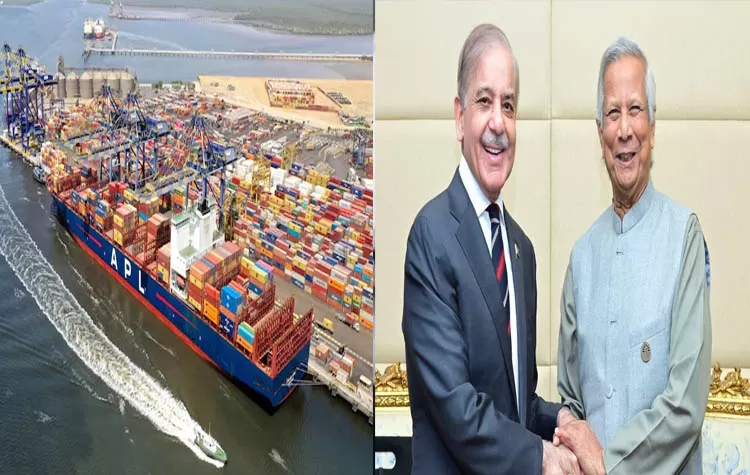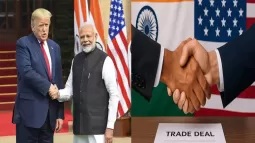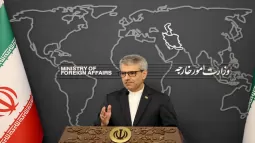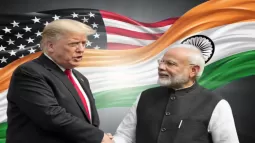
Background to the Offer
From the time he took office as caretaker head of Bangladesh, Muhammad Yunus' policies have reflected an increasingly hostile attitude towards India. At the same time, he has fostered closer ties with Pakistan. In recent times, Pakistan made a proposal that Bangladesh sell jute goods and other items to foreign destinations via the Karachi Port.
This comes after India shut down the importation of some jute goods from Bangladesh through land borders. This timing suggests that Pakistan is seeking to benefit from India's and Bangladesh's receding trade ties.
Trade Developments Between Pakistan and Bangladesh
The proposal was discussed at a Joint Economic Commission meeting in Dhaka, where the two countries agreed to search for ways to resuscitate trade relations. The Karachi Port on Pakistan's southern coast is a vital trade portal for China, the Gulf states, and Central Asia.
Although, according to experts, this sea route may not be economically feasible. A Pakistani vessel had come to Chittagong Port after traveling 2,600 nautical miles in two weeks in the year 2024, highlighting the long and costly passage. Since then, trade traffic between Karachi and Chittagong has been negligible. Pakistan's offer is seen by most analysts as a symbolic gesture of diplomacy and not a practical trading option.
Pakistan's Economic Concessions and Demands
The Pakistani economy remains under pressure, though it has attempted to attract Bangladeshi trade by reducing customs duty on the jute import by two percent. The action comes at a time when a demand has been made by Pakistan to export mangoes to Bangladesh, following a decline in imports from India.
Bangladesh is the second-largest jute producer in the world. India's ban on some jute items via land borders last August, and its earlier ban on textile imports, have already taken a toll on Bangladesh's export revenue.
Effect of India's Restrictions on Bangladesh
Although India still allows imports through the Navi Mumbai port, the shipping charge makes it less profitable for Bangladeshi exports. The revocation of transshipment rights by India in April also added to the cost. Earlier, Bangladesh used to export goods into other countries through Indian territory, which allowed easier logistics.
As a result, Bangladesh's export earnings plummeted dramatically, from $12.9 million in July 2023 to $3.4 million in July 2024, according to reports.
Strategic Implications and Outlook
The decision of Pakistan to enhance economic cooperation with Bangladesh comes at a time when relations between India and Bangladesh are strained. By opening the facility for use of Karachi Port, Pakistan aims to fill up the trade deficit created due to India's actions.
However, analysts contend that the distance, transport cost, and economic instability of Pakistan limit the real benefits of this project. The move appears political rather than business, pointing to a Pakistan attempt at gaining diplomatic mileage instead of offering an actually profitable trade conduit.













